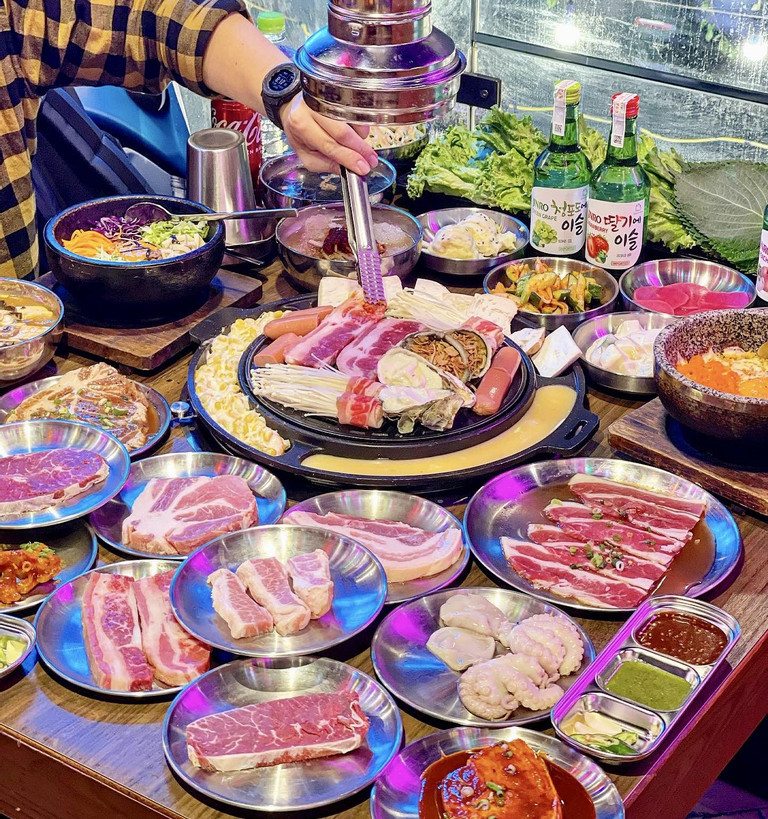
Diners sometimes doubt the quality of food and services provided by restaurants. As food reviewers receive money from restaurant owners and chefs, they have to compliment their products. Many food reviewers have been found speaking highly of dishes though they did not eat the food.
Bui Tuyet Mai, 25, in Hanoi, told VietNamNet that orders for food reviews arrive daily, but unlike many other reviewers, who receive 2-3 orders a day, she only takes 5-7 orders a week.
“I know that many viewers just go to restaurants to take some pictures and leave after getting remuneration. They don’t eat anything at the restaurants but post reviews full of praise for the restaurants,” she said.
“Some reviewers try food at restaurants and find nothing special, but they still praise the food, provided that they are paid well,” she added
Mai admitted that she is never too particular about dishes because the dishes are her ‘bread earners’, but in principle, she has to give honest comments about the quality of dishes and services.
“In fact, nothing is perfect and there are always problems, and I will warn diners of the problems, but I will talk about the problems in a gentle and skillful way so that criticisms won’t affect the restaurants’ business,” she said.
As for restaurants which provide low-quality food and services, or don’t have specialties to attract diners, Mai will refuse their order or give advice to the owners, so they can make changes to satisfy clients.
Some months ago, she received an order from a café. But the coffee disappointed her. The café was located in a small alley, was not decorated well. And the drinks were not special. She decided to refuse the order and even paid for the drink she tried.
“I believed that even if I wrote good comments about the café, my posts wouldn’t get high number of interactions from viewers if the quality of drinks was bad. I would rather lose an order than face the risk of being criticized for dishonesty,” she said, adding that like any other occupations, food reviewers need to have ‘professional ethics’.
Mai went on to say that the behavior of some reviewers shows that they not only don’t have professional ethics, but also have no respect for restaurant owners.
“The reviewers don’t taste food because they take too many orders and eat too much food each day,” she explained, adding that this is why she always keeps her principles and accepts a limited number of orders.
“If I don’t want to eat the dishes sometimes, I take some food home and share with my friends. By doing this, I can have true feeling about the dishes and know the opinions of my friends as diners,” she said. “This is the way I show the respect for restaurant owners."
“Many restaurant owners want to prepare food and drinks for reviewers and they expect compliments about what they create,” she explained.
There is an ‘unwritten law’ in the profession that the food and drinks prepared by restaurant owners for reviewers are better than the food and drinks for clients, because the owners want to please reviewers in exchange for compliments.
Nguyen Tran Phong Vu, a well known food reviewer in Hanoi, confirmed that restaurant owners always give the best servings to reviewers, so he always tells the owners that he wants the same servings as those for clients.
“I always speak about my principles and ask chefs not to give any additional food to my bowl even though it is just some noodles,” Vu said.
“With this principle, I can give true comments about food and services and diners will trust my reviews, while I can maintain my prestige,” he explained.
In some cases, restaurants owners offer more money in exchange for good comments, but Vu will refuse this, because he doesn’t ‘want to fool diners’. Sometimes, he takes down videos from online platforms if he discovers that he makes mistakes when commenting about food.
Sometimes he visits restaurants without informing owners in advance and quietly tastes the food and drinks there. This allows him to make unprejudiced comments.
Nguyen Thao